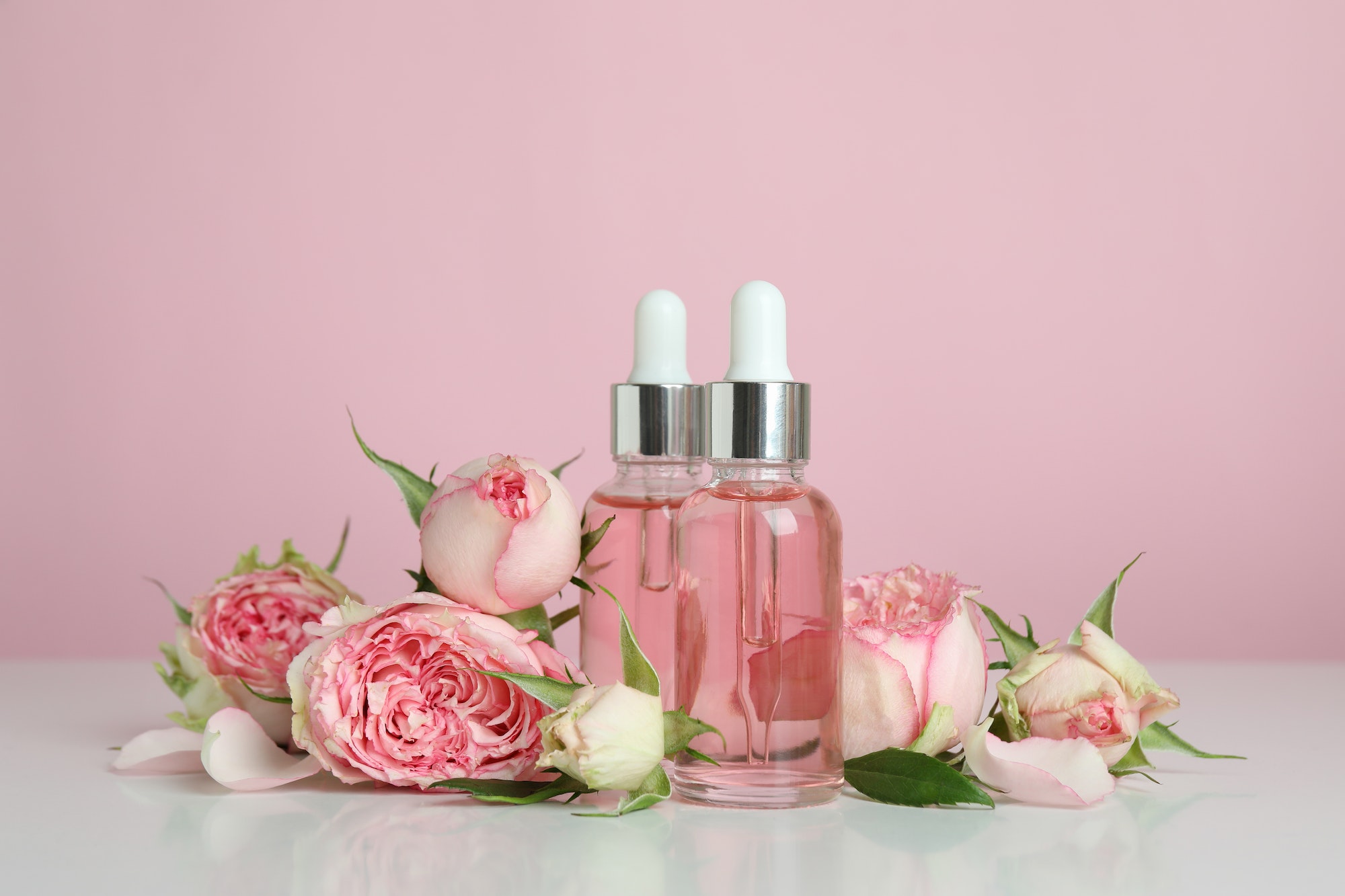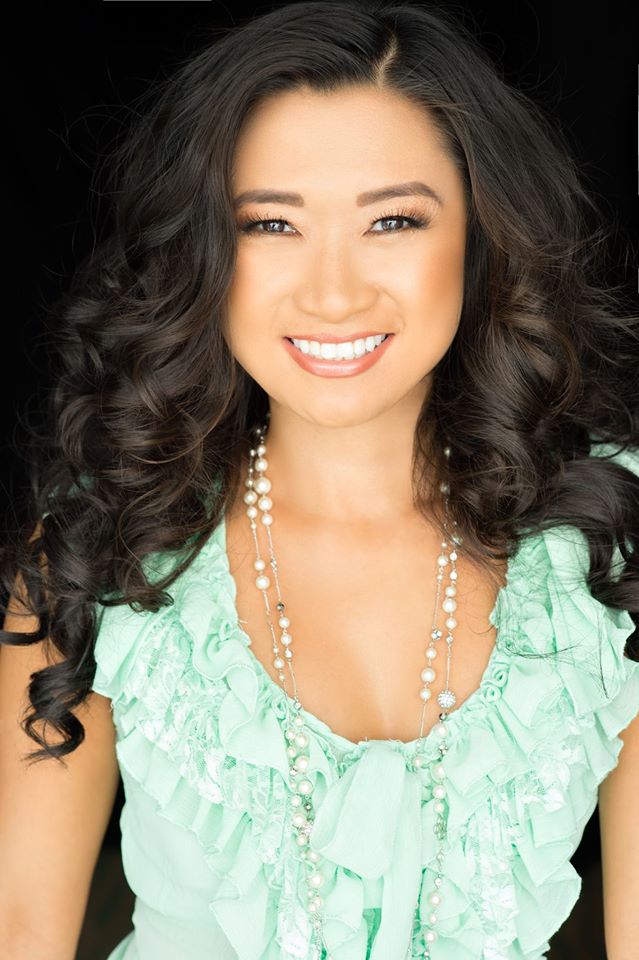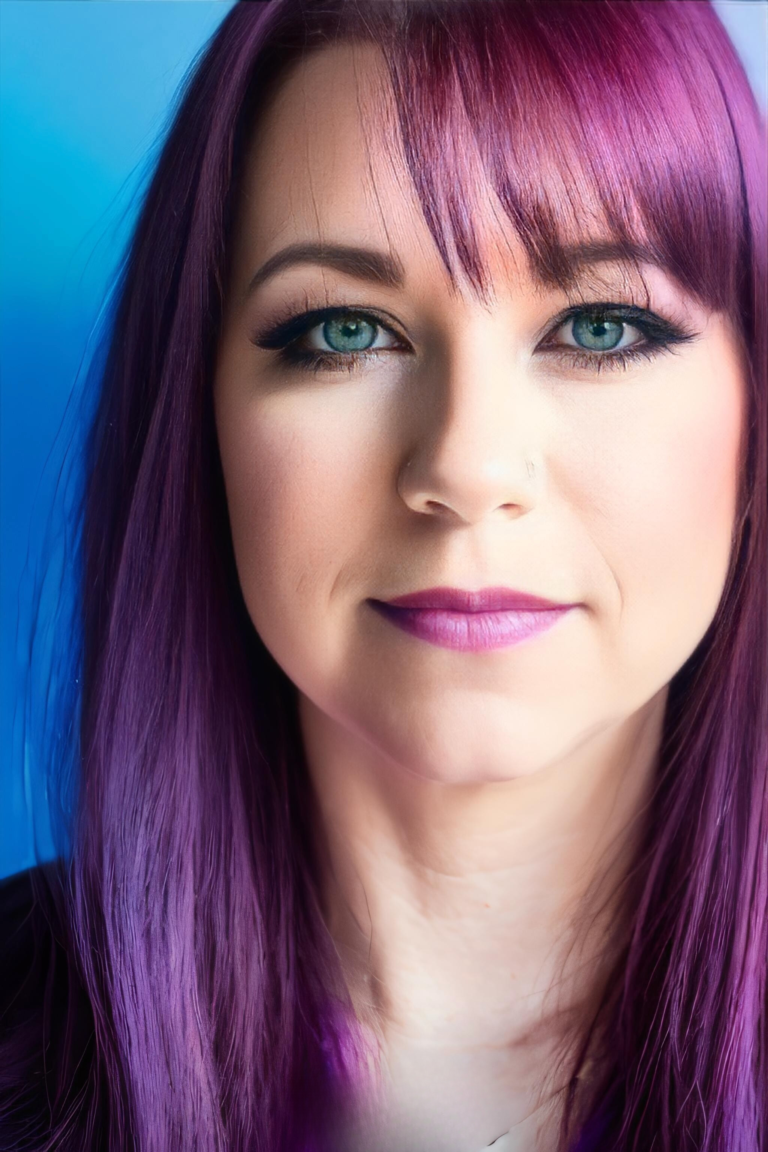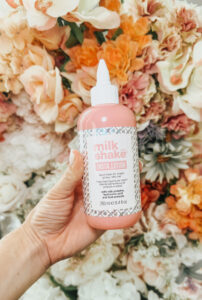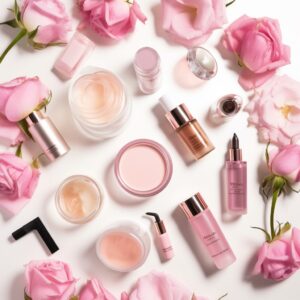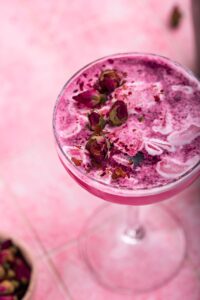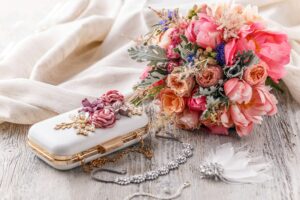The internet is full of beauty and skincare advice, but they are not always true and good for your skin. When I first began developing my skincare routine, I was feeling overwhelmed by all articles contradicting each other and all different types of products and advice. It can be confusing and frustrating to understand what is best for your skin with all the information available online. I will try to help you by sharing my experience in talking about seven common skincare myths you can find on the internet.
Frequent cleansing will get rid of acne
There is this common advice on the internet that the more frequently you wash your face, the easier will be to get rid of acne. I believed this as a teenager, and I was very frustrated with the fact that my pimples would not disappear.
Acne is the result of a combination of four factors: dilated pores due to keratin loss, sebum, bacteria, and inflammation. Moreover, temporary factors like hormone fluctuations must also be taken into consideration. Washing and cleaning your face more times per day can help you get rid of the sebum and bacteria, but it can also have other not-so-beneficial effects.
Over-cleansing the skin can lead to stripping the skin of healthy oils and often results in red, itchy, irritated patches of skin. I experienced this on my own skin after a few months of washing my face three-four times per day and exfoliating every evening. My skin got not only dry but also incredibly sensitive. Even when applying a calming and soothing face serum with vitamin C on the irritated portions of the skin, I was still feeling my skin burn. After one week of washing just twice per day and exfoliating only twice per week and my skin was already feeling more alive, hydrated, and healthy.
You don’t need hydrating products if you have oily skin
This is exactly the opposite. The oilier and more acne-prone skin you have, the more hydration in your skincare routine is needed. When I remove my makeup, most cleansers also remove the natural oils of the skin. So, I need to replace them, or the skin will compensate by producing more sebum.
No matter what type of skin you have, you should always use a moisturizer and hydrating balm to keep your skin healthy and balanced. The difference comes regarding the quantity that needs to be applied.
I also heard the myth version that the best skin hydration method is to drink water. There is no scientific proof of this. Drinking water has other health-related benefits, but it does not influence your skin’s hydration in any way.
You only need SPF during summer when you go outside
This is one of the most toxic skincare myths out there. UV rays are not so strong during winter, but they are present. Unprotected exposure to sun and sources of UV light can lead to premature skin aging, wrinkles, fine lines, and in worst-case scenarios, skin cancer. Sunscreen must be used all year. The minimum recommended SPF is 30 during winter and 50 during other seasons.
I must also mention the fact that SPF in makeup products cannot be combined. If you use a primer with SPF 15, and your foundation has a SPF 10 included, your total solar protection will not be equal to 25. You will only have the protection of the highest SPF you applied on your skin, which in this example is 15.
Moreover, even if we stay the whole day inside our homes, SPF is still necessary because UV light can pass through windows, and we are also always exposed to the blue light emitted by our electronic devices, which is equally harmful to our skin.
Your skin will get used to skincare products, and they will no longer work
This myth is just as true as the fact that vegetables and fruits become less healthy if you eat them too often. If the products we use are the best formulas for the skin problems that we want to address, they will continue to work just as well as before, no matter how long or often we apply them.
However, with time your skin might develop different needs. For instance, during winter, my skin is very dry due to the cold and windy weather conditions, while in summer, it is impossible for my makeup to stay up for an entire day because of the strong sebum secretion and oily skin type I develop. Therefore, I must change my skincare products to reflect my skin needs throughout the year.
Anti-aging products are only recommended for mature skin
Here are two myths in one. Firstly, no two persons have identical skin even if they have the same age, so choosing products should not be a decision based on age but on the skin problems you want to solve. For instance, acne products that are usually recommended for younger people can be necessary at older ages too.
Secondly, it is always better to prevent than to treat, especially for your skincare problems. Korean beauty recommends using anti-aging products even when you are a teenager so that when you reach your 30s, your skin will still look young and clean. The general recommendation is to start including preventive anti-aging measures in our skincare routines from the age of 25-30, as long as your products also have antioxidants in their formulas. Once you reach your 50s and your wrinkles and lines are prominent, it is too late for any skincare product to have an effect.
You could never have too many active ingredients in your skincare routine products
Actually, you can have too many active ingredients in your skincare routine. There are so many products we have at our disposal to help our skin, but it is very important to balance them and use similar active ingredients. The more steps your skincare routine has, the more probable it is to cause a skin allergic reaction to your face due to the multiple layers of products. A mixture of a high number of active ingredients can cause skin redness and irritations.
DIY remedies are harmless and often better for skin
Food is not destined for skin, no matter how easy the recipe is. You might think that applying some citrus to your face can have a better effect due to the higher level of vitamin C. Or applying tea leaves will hydrate your skin better. Actually, using food directly on your skin can cause irritations and can make your skin more sensitive. For instance, lemon juice is so acidic that it can burn and dehydrate your skin. Nut oil can clog your pores. Home-made avocado face masks can cause allergies. Leave the beauty formulas to experts.
Those are some of the skincare myths you can frequently find on the internet. Skincare is very important, and you must make sure not to do more harm than good, which is the reason why you should question any advice you read.
I also feel the need to make a disclosure statement. I am not a dermatologist, and all the advices I gave in this article are based on my own experience and scientific sources that I trust. For any skincare-related issues that affect your health or your general well-being significantly you should always contact your dermatologist or esthetician.

Cosmina Manea is a wellness blogger with a focus on beauty, lifestyle, and healthy eating. With a background in geography and economy, and experience in urban consulting, teaching, CSR, PR, and project management, she brings a unique perspective to the wellness world. Though she lives in Romania, she collaborates with international beauty brands and has travelled to more than 15 countries (living for more than a month in three of them). She is passionate about volunteering and finding purpose in all her actions. Through her blog, she hopes to inspire and motivate others to live their healthiest and happiest lives. Cosminamanea.com

